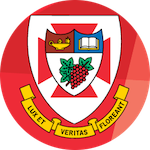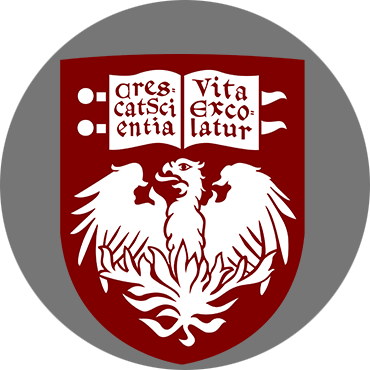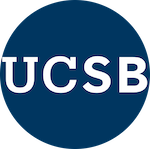Assistant Professor of Native American and Indigenous Studies, San José State University
The property
Assistant Professor of Native American and Indigenous Studies
Job No: 542403
Location: San José, California, USA
Compensation: Commensurate with qualifications, experience, and rank as established by the CSU Salary Schedule. Anticipated hiring academic year annual salary range: $86,000-$90,000. Faculty employee benefits are very competitive for the higher education sector. See the CSU Employee Benefits Summary for details about the CSU’s excellent benefits package.
Target Start Date: August 2025
Application Deadline: December 2, 2024
The Native American and Indigenous Studies (NAIS) program in the Department of Sociology and Interdisciplinary Social Sciences (SISS) at San José State University is located on the traditional territory and homelands of the Muwekma Ohlone.The NAIS program invites applications for an assistant professor of Native American and Indigenous. We seek individuals committed to developing and enhancing our Native American and Indigenous Studies program and department. This position is an excellent opportunity for scholars interested in a career at a teaching-centered institution that supports a variety of research, scholarship, and creative activity, in and near expansive urban Indigenous communities and sites of American Indian activism.
We seek scholars with expertise in the following areas, particularly from an NAIS lens: urban Indigenous experience, Traditional Ecological Knowledge, Decolonial Studies, California Indian Studies, and History and Policy. It is essential for these scholars to prioritize place-based learning and demonstrate a commitment to decolonizing research methodologies.
Candidates should demonstrate how their research, teaching, and experience connect with decolonizing methodologies and community-based participatory research. The area of specialization within Native American and Indigenous Studies is open. Still, candidate profiles should reflect the ability to help develop a curriculum around decolonization and connecting local, regional, and transnational issues. Candidates should be able to apply critical, indigenizing, decolonial, and culturally sustaining methods to their instruction. The successful candidate will be interested in developing, managing, and strengthening cross-departmental partnerships and has a history of working with tribes and Indigenous communities and developing community-based projects and partnerships in higher education.
Additional professional responsibilities include research, scholarship and creative activity, and service to the University, profession, and community. These responsibilities generally include advising students, participation in campus and system-wide committees, maintaining office hours, working collaboratively and productively with colleagues, and participating in traditional academic functions. Successful candidates will establish an on-campus presence at SJSU to fulfill their teaching and service responsibilities.
For a complete job description and to apply: https://jobs.sjsu.edu/en-us/job/542403/assistant-professor-native-american-and-indigenous-studies
Equal Employment Statement:
SJSU is an Equal Opportunity Affirmative Action employer. We consider qualified applicants for employment without regard to race, color, religion, national origin, age, gender, gender identity/expression, sexual orientation, genetic information, medical condition, marital status, veteran status, or disability.
It is the policy of SJSU to provide reasonable accommodations for applicants with disabilities who self-disclose.
No Comments
Listing Location
More from this employer
Visiting Assistant Professorship
Vice-President Indigenous – University of Victoria
Indigenous Futures Conference 2025
Related listings




















Sorry, the comment form is closed at this time.